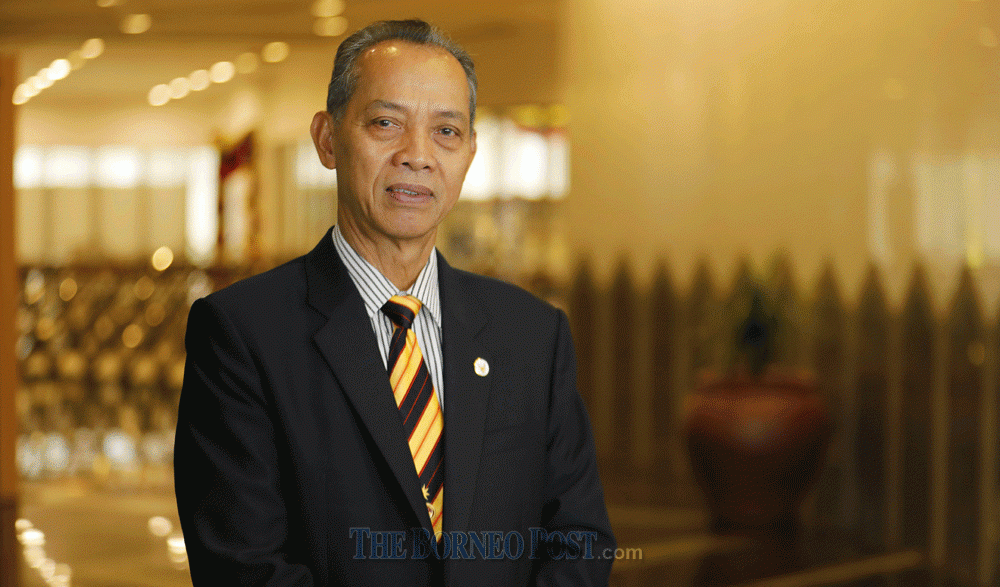ADVERTISE HERE

Wee speaks to reporters at the event.
KUCHING (Aug 14): Ordinances and regulations related to public health and safety across all local authorities need to be reviewed to ensure that Kuching remains a clean and safe city, said Kuching City South Council (MBKS) Mayor Dato Wee Hong Seng.
Wee emphasised the importance of achieving consensus among city councils to establish a unified approach to these regulations.
“We cannot have two sets of rules. We need agreement from other city councils to ensure that regulations are workable across the board.
“Different departments and jurisdictions might have varying enforcement practices, which necessitates a reassessment of existing regulations.
“We need to reassess our regulations and propose necessary changes to the standing committee.
“Once reviewed, these recommendations will be submitted to the government,” he told reporters when met at the Sustainable Foods International Conference 2024 at a hotel here today.
Wee highlighted that many ordinances and regulations have remained largely unchanged for 36 years, since Kuching attained city status.
He emphasised the need for stronger enforcement measures to effectively address public health and safety concerns.
Wee pointed out that current regulations, such as penalties for illegal rubbish disposal, are outdated and insufficient to deter misconduct.
“If you throw rubbish, the penalty is RM200, but it might cost RM500 to RM600 to hire a lorry to dispose of it. So, people would rather pay the fine than bear the actual cost.
“Higher penalties or the possibility of imprisonment would serve as more effective deterrents,” he said.
Wee said that the goal is not just to impose heavy penalties but to ensure compliance through a more effective enforcement strategy.
“We’re not imposing heavy penalties or ‘tangkap orang’ for the sake of it – that’s not the core business of the council. But we believe this is the only way to make people realise the seriousness of their actions.
“While the council can be friendly, it is crucial to enforce the law firmly. It is necessary to make people understand that no one is above the law,” he said.
In this regard, Wee said as such issues arise, policy matters are the quickest way to address them.
“We can amend our policies within our own council, but for broader changes, we need consensus from other city councils to ensure that regulations are both workable and consistent,” he added.









 English (US) ·
English (US) ·